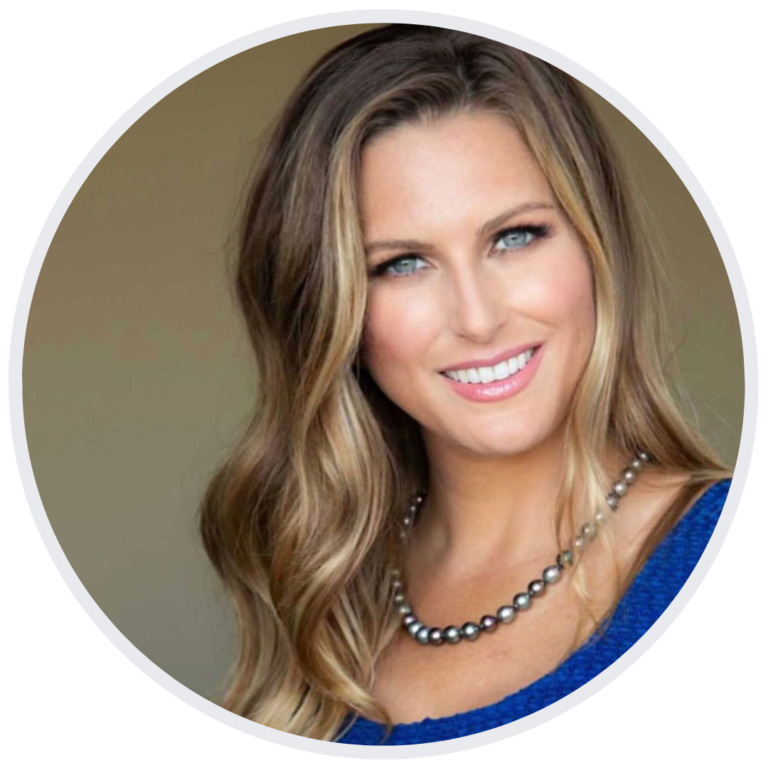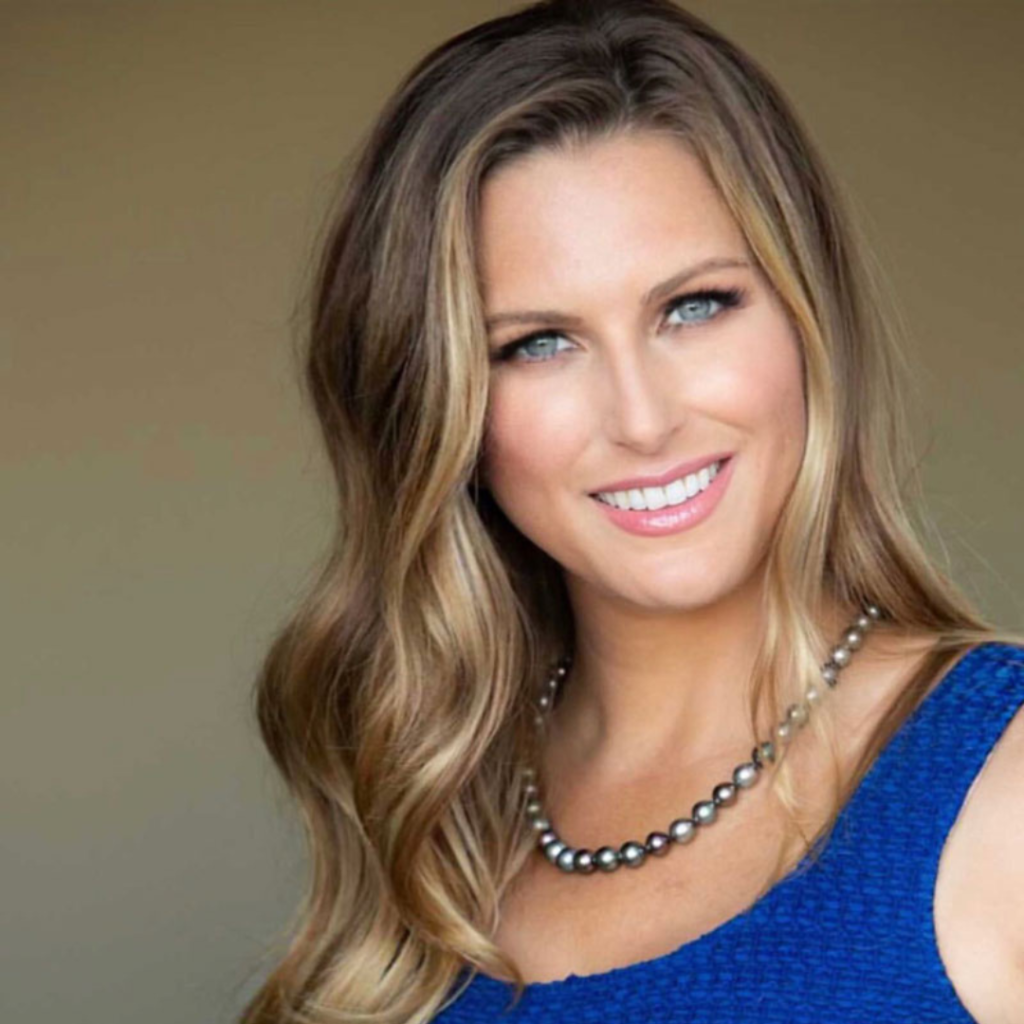The International Coaching Federation defines coaching as “partnering with Clients in a thought-provoking and creative process that inspires them to maximize their personal and professional potential.”
How often is this coaching definition applied in healthcare?
The following conversation started on Facebook and illustrates a common occurrence in medicine – that coaching can be used punitively instead of to support best practice. The conversation started because an article was written about “a recent study that showed that over a 6-month period, an online, multiformat group life-coaching program alleviated burnout and boosted well-being in female resident physicians” (1,2).
In Physician Coach Training (PCT), we have witnessed the benefit of a group cohort first hand. PCT cohort members have created a sense of camaraderie and collaboration, supporting members’ projects and offering a sounding board around professional experiences. Unfortunately, this experience in medicine is far too unique, as illustrated in the following conversation.
Alexis Dixon, MD is a orthopaedic surgeon and entrepreneur in Los Angeles, CA.
Jeffrey Smith, MD, FACS, PCC is a surgeon coach and orthopaedic surgeon in San Diego, CA.

Alexis: I was reflecting on the article and I’m wondering if you think this obvious need may be due to a lack of mentorship in programs where men have an easier time bonding with a mentor?
Jeff: I think that’s one of many factors. Coaching creates a confidential space for someone to get what they need instead of what mentors think mentees need. I think female physicians face added pressures that men historically have not, and that coaching might fill a void of connection, support, and a space for reflection. What do you think?


Alexis: I agree that they fill different needs and both have benefits. Mentorship is important enough that it was one of the articles for the WLA. My personal experience is that men largely aren’t comfortable mentoring women, or aren’t able to at the same level as mentoring other men, and there are few women mentors in orthopaedics and other surgical subspecialties. This leaves women with fewer options to advance, especially as professional societies require torch-passing from a mentor in their leadership roles. Coaching obviously cannot take the place of mentorship in that sense. However, many women are left without any other options and are able to use coaching effectively to advance in other ways.
Jeff: Mentors often speak from experience, so it is much harder for a male in orthopaedics to relate his experience to the female experience in orthopaedics. The male mentor can say what he did to advance his career and grow professionally, but will that work for his female mentee like it did for him? Will the mentee face the same challenges? The benefit of coaching is it’s all about the coachee and their experience and what they need. Let me be clear though, a male can mentor a female. And women in orthopaedics would benefit from more available mentors.


Alexis: I was reflecting on the article and I’m wondering if you think this obvious need may be due to a lack of mentorship in programs where men have an easier time bonding with a mentor?
Jeff: Coaching can be used punitively – it shouldn’t be. I’ve worked with several clients who were referred to me by the system and the partnership we form is for their benefit.


Alexis: You paint a rosy picture of coaching, but I’m not sure your perspective is the norm for most women. I’ve seen coaching used punitively against women, which is unfortunate. The problem in these situations is usually not the problem of the women but rather providing equal opportunity to women and preventing hostile work environments and discrimination.
Jeff: When things are forced on us, we feel more like a tool or commodity. When we have our organizations investing in us professionally and personally, we feel like they care about us.
If institutions were paying for coaches and offering coach training as a benefit to the surgeon and the person, I think that would be a gamechanger. The relatively low institutional cost can produce incredible results for the person, the practice, and the patient. I’ve seen it play out on numerous occasions with my clients. I know I’m biased, but that’s my experience.


Alexis: Thanks, Jeff. I appreciate your perspective.
SurgeonMasters Coaching Philosophy
Coaching is a collaborative partnership that supports a surgeon’s personal or professional physical, mental, emotional, spiritual well-being.
“The Coaching Program is a designed alliance that helps bring out the best in the Client and assists the Client in creating the practice or career they want to live with a focus on performance improvement and practice satisfaction. The Coaching Program may address specific personal projects, business successes, or general conditions in the Client’s life or practice. While it is understood that the Coach is not practicing medicine or providing medical advice when providing these services, the Coaching Program involves coaching. While sometimes exploring inner thoughts, emotions, and intuitions, coaching is not therapy nor psychological counseling and will not be a substitute for counseling, psychotherapy, psychoanalysis, or other mental health care. The client understands that the Coach is not an employment agent, financial analyst, mental health practitioner, or legal advisor, licensed therapist, psychologist, nor psychiatrist.
The Coach promises the Client that all information provided to the Coach will be kept strictly confidential and not shared outside their practice or individual meetings unless mutually agreed upon.”
Find a coach to support your practice, or become a coach with SurgeonMasters Physician Coach Training.

Dr. Alexis E. Dixon is a board-certified Orthopaedic Surgeon specializing in Foot and Ankle and practices in Marina del Rey. She consults for Red Bull North America, the Las Vegas Raiders, and America’s Cup Sailing. In addition, she has founded Orthopaedic Qualified Medical Evaluators, a physician-owned and operated medicolegal company.
Her goal is to ensure that other Orthopaedic Surgeons remain free to practice in the way they choose. She spends her free time sailing out of Marina del Rey and flying gliders over the Angeles Crest. In addition, she has a great interest in the arts.
Sources:
- Coaching program reduces burnout among resident physicians. Published online May 6, 2022. Accessed May 6, 2022. https://www.eurekalert.org/news-releases/951950
- Fainstad T, Mann A, Suresh K, et al. Effect of a novel online group-coaching program to reduce burnout in female resident physicians: a randomized clinical trial. JAMA Netw Open. 2022;5(5):e2210752. doi:10.1001/jamanetworkopen
- Payerchin, Richard. “Group Life-Coaching Program May Decrease Burnout in Female Resident Physicians.” Urology Times, 19 May 2022, www.urologytimes.com/view/group-life-coaching-program-may-decrease-burnout-in-female-resident-physicians. Accessed 18 July 2022.
